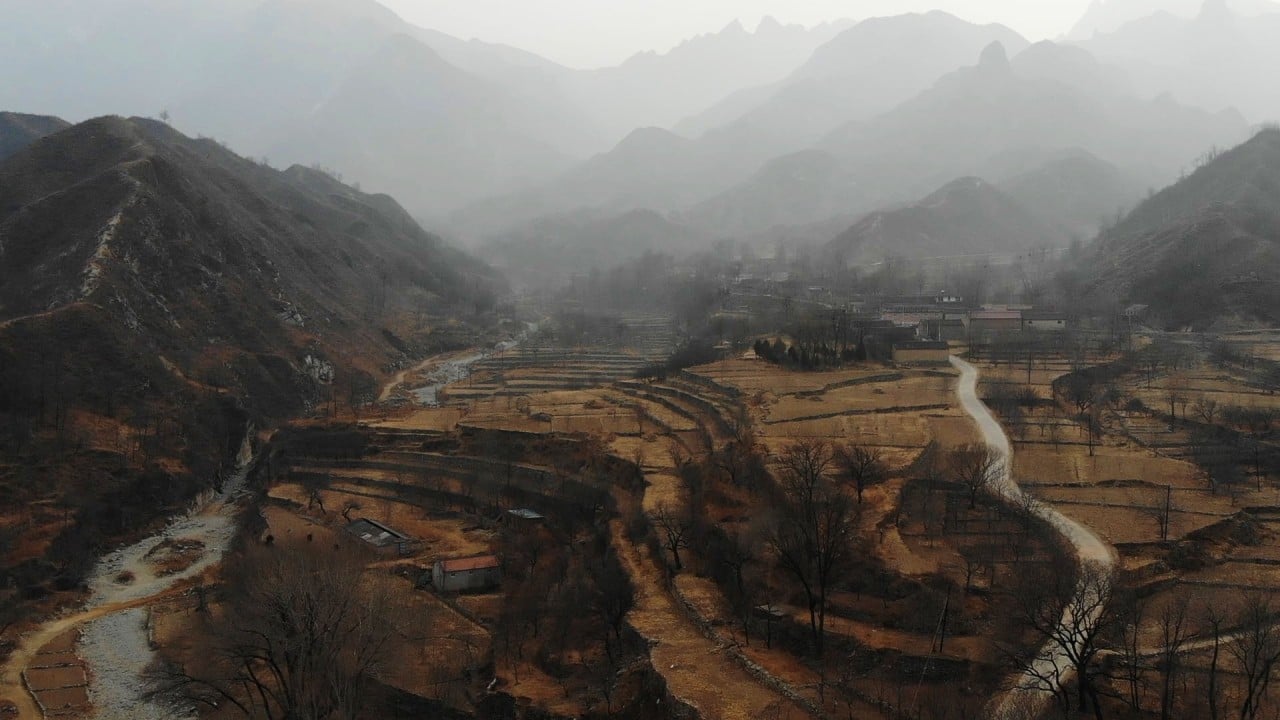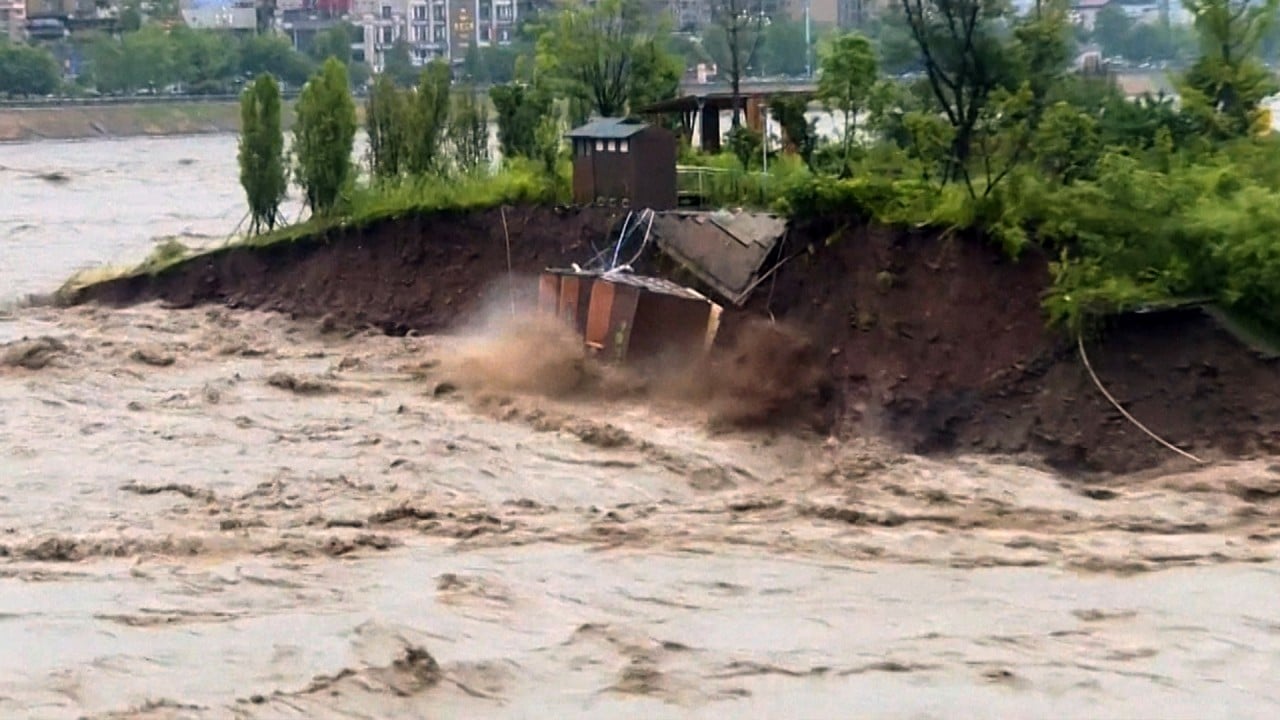
China to overhaul social safety net for poor and disaster victims
- Changes meant to help those who fall through the cracks of existing programmes, observer says
- Health, housing, education, and employment among areas to be targeted
Observers said the changes were critical because the existing system was inadequate and China needed to create a new safety net to meet social needs.
It calls for medical, housing, education, and employment help for the elderly, children and disabled and those who live on the edge of poverty.

02:50
Fisherman left behind in China's poverty alleviation plan
The system focuses on two groups of people: those who are poverty-stricken and those who need temporary relief because of natural disasters or public emergencies, according to Li Changan, a specialist in labour economics at the University of International Business and Economics.
Li said that reforming the social assistance system was an important part of China’s next five-year plan which begins next year as the country is expected to officially declare the end of absolute poverty by the end of this year.
About 850 million people are estimated to have been lifted out of extreme poverty in the past 40 years, and in 2015, Chinese President Xi Jinping set a five-year deadline to eradicate absolute poverty.
“What about those people who are still in poverty when our poverty alleviation campaign draws to an end?” Li said.
He said the new social assistance system was meant to help those who fell outside the existing safety net for basic needs.

07:50
The Chinese villagers who fear they can never escape the poverty trap
China introduced a minimum living standard guarantee programme, or dibao, in urban areas in the 1990s. It extended the programme to rural areas in the early 2000s with the hope of ending poverty and improving the livelihoods of the poor in the countryside.
However, the programme has been criticised on various grounds, including corruption.
Geoffrey Crothall, director of communications at China Labour Bulletin, a Hong Kong-based labour rights organisation, said Beijing leaders understood the present system had loopholes and needed to be reformed.
“If some of the efforts of the reform are not made, those problems are just going to get worse and could lead to some kind of social instability in the future,” he said.
Crothall said a prevalent problem was that the amount of the assistance was too low to provide meaningful relief.
Since the establishment of the minimum living standard system, local government increases in the minimum wage have not kept pace with rises in the average wage.
In the notice, the State Council said the dibao standard should be adjusted to match inflation and should take into account local incomes.

01:55
Massive evacuation under way in southwest China as floods trigger unprecedented alert
Crothall said rampant corruption in the system meant that there was no guarantee that the people who really deserved the assistance would get it.
“In rural communities, it’s very often that the village head will decide who gets the minimum subsistence in finance,” he said. “It all depends on your relationship with the officials who are deciding it.”
He said changes to the system should ensure that the people who needed the money got the money and there was no corruption.
“But that’s difficult to do in China,” Crothall said.

